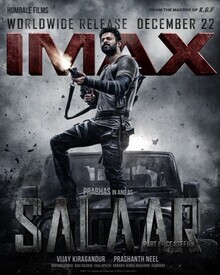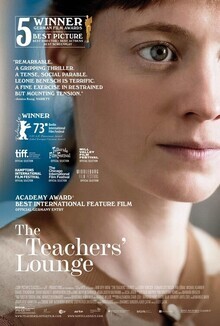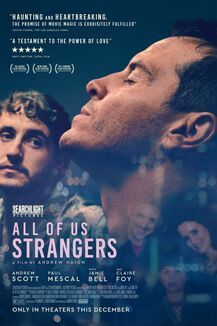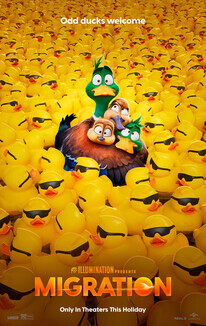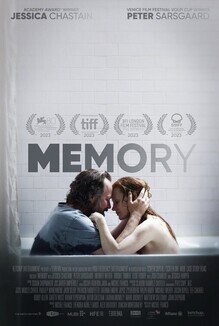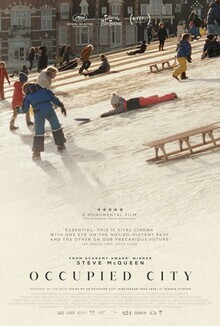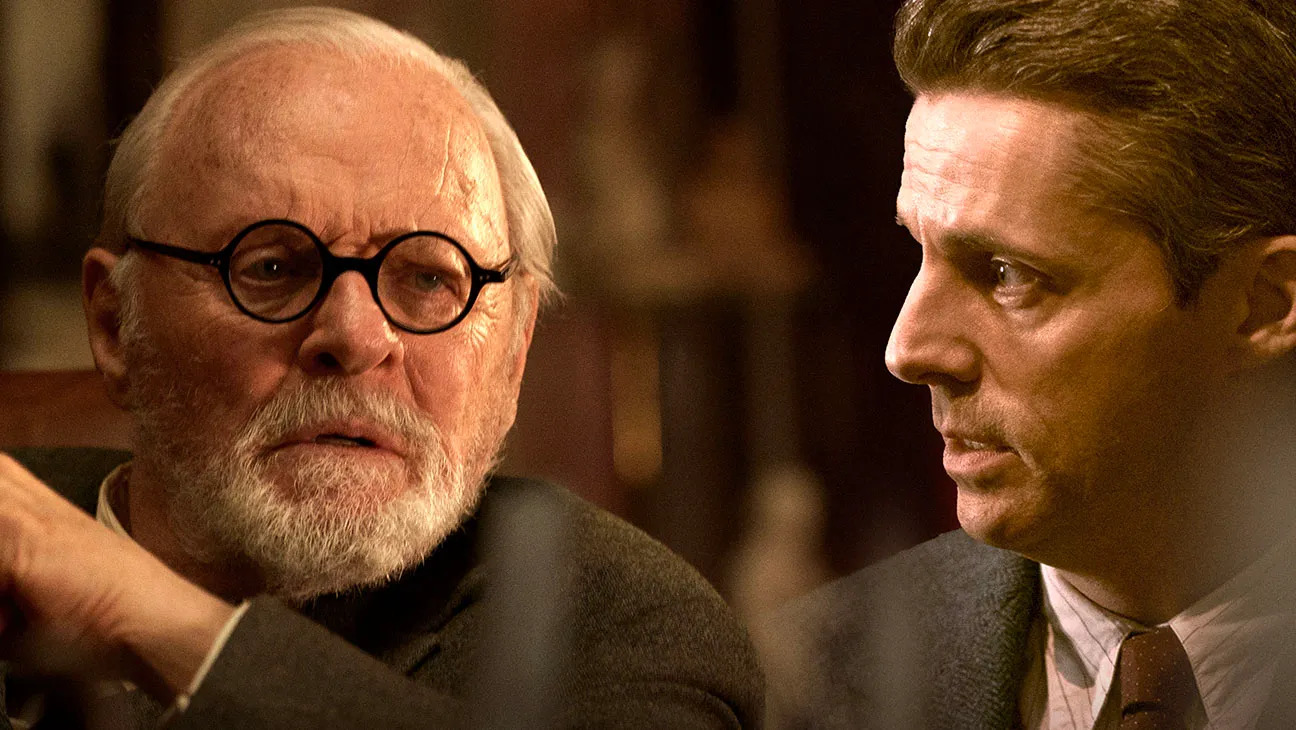
Sigmund Freud, the founder of psychoanalysis who revolutionized the way we think about trauma, humor, dreams, sexuality, and behavior, was raised Jewish and became an atheist. C.S. Lewis, author of the Narnia series and many books about Christian theology, was a non-believer who became a man of deep faith. In “Freud’s Last Session,” an imagined conversation between the two men in 1939, with Anthony Hopkins as Freud, knowing he was nearing death from cancer and that his country of birth had been annexed by Nazi Germany, and Matthew Goode as Lewis, after he embraced Christianity but before he wrote most of his books. In an interview, director and co-screenwriter Matthew Brown talked about learning Freud’s influence from his psychiatrist father, how the conversations in the film provide a model for today’s divided times, and what idea sustained him throughout the film.
Do you want to place yourself on the continuum between Freud and C.S. Lewis?
Do you mean like what my side would be on this? I should start by saying that my father is a psychiatrist, and he lives in Cambridge [Massachusetts]. I grew up with Freud in the house, I guess you'd say. But I mean, personally, I probably fall in between. There's stuff on both sides that I find fascinating. I thought it was important as the director with this film, in particular, to not take a side.
The question of science versus God is the question of this time, in a way. It's sad that it's become so polarized. There's a quote from Einstein that says science without religion is lame and religion without science is blind. That quote pretty much sums up where I fall with it all. I don't really see a huge dichotomy there.
I think you're quite right in saying that our time seems much more divided on that subject than when this movie takes place. And that makes it very timely. One of the things that really appealed to me about the movie is people today don't seem to want to have those conversations.
Maybe they do, and they feel afraid to. When I made this film, not dissimilar to the film I made before it, actually, “The Man Who Knew Infinity,” about mathematics. The audiences really embraced it. We underestimate their intellectual curiosity, maybe. Or Hollywood does to a degree. And I think it's probably why “Oppenheimer” did so well. I think the audience is thirsty for the conversation.
But in today's world, where the loudest voice dominates on social media and the divided news stations, you can just put a tag on your forehead who you listen to, and that's who you are. You won't listen to anything else.
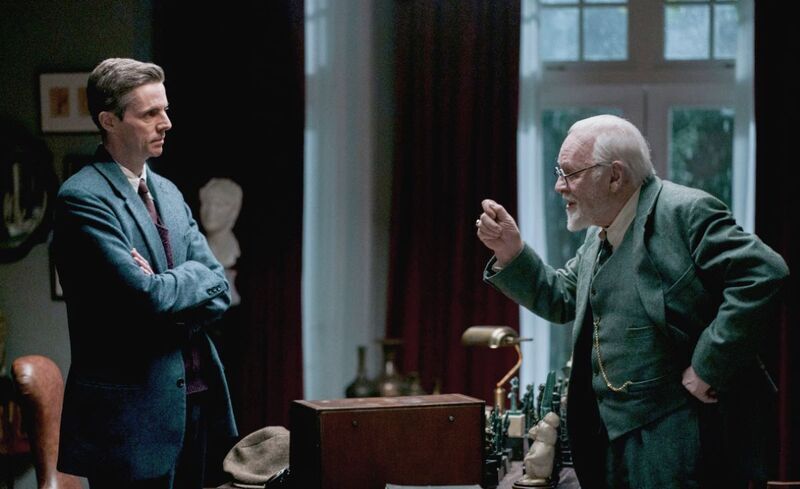
One of the things that made the conversation so interesting in the film is they're not really trying to persuade each other. They're really trying to understand each other.
As a film director, I look at it differently than maybe a play director would have, in a sense. But to me, this needed to be working on the human level, no matter what. It's the debate's subtext for their own human, more dramatic journey.
Freud is a man who's acutely aware of his mortality. Anthony Hopkins as well, he's 86 years old. He's bringing that to bear on the role.
And I, growing up, had a lot of loss. So I also have been fascinated by thinking about mortality and those kinds of themes and the projects that I work on.
And there is Lewis with his PTSD. He lost his mother and then is sent off to not just a boarding school somewhere random, but to England, being Irish. He said it was worse than the trenches.
How did Freud's knowledge of his own impending death affect his interest in these issues?
I mean, from my point of view, at least with this film, tremendously. Hopkins was saying as well, the closer you get to that, the more you want to think about it and hear another point of view, just in case you could be convinced. This is a man who's days away from when he's going to die. And he's got the opportunity to bring in this person that he intellectually respected, that was a devout atheist who has suddenly made this change to Christianity. And he wants to know what he knows that he doesn't know.
That's the thing with Freud. My dad, said that Freud was a man who was intellectually curious. We think of him so rigidly now, but it's only because he died when he died. I mean, if he had lived another 50 years, he would have probably thrown out half of his theories and evolved. Which isn't to say that all of his theories are right, because he'd be the first person to say half of them were wrong and let me chuck them and try something else.
I noticed that in Anthony Hopkins' performance, very often he would make a statement and he would just have a little laugh afterward. What do you think that was about?
Well, two things. One is, I mean, his jokes are just terrible. One of the things that, I mean, Hopkins and I talked about a fair amount was that Freud did have a sense of humor, a strong sense of humor. There was an undertone of laughing at himself, really, laughing at just the preposterous nature of people who have such certain beliefs. I think part of that also was probably Hopkins as much as Freud. And I think the idea that nobody knows, so how can you be so certain?
And then there's an aspect of somebody that is just like, “This can't get any worse. I'm in so much pain, I'm dying.” It occurred to me what this film was in a way. It was like when I brought my dog in to say goodbye at the vet, and then I was so crushed, a 14-year-old dog, and then she jumps up and licks me, and I'm like, “Oh, we're going home.” But we’re not. And that's heartbreaking. That's what this is. It's a manic-ness that's in him that's showing up. When we were in the rehearsal period, we really wanted to use that manic energy to get,
like, he lies back down. “Do you want to lie down?” “Sure, I want to lie down. Boom, I'm right back up.” And he's laughing at himself, and he's laughing at the situation.
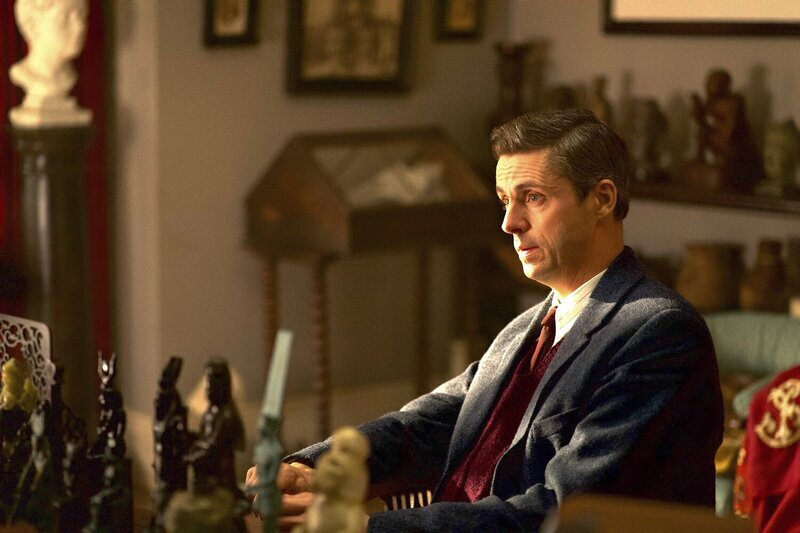
I know that Anthony Hopkins is a bit introverted, and Matthew Goode is not. What was it like as a director to work with both of them?
They're not much alike, but the one thing that they are alike is they have respect and kindness. They both really do. And when you're trying to do upwards of seven pages a day at a time, with an actor who is brilliant as he is, he's 86 years old, he is human, it's a challenge for him to be able to have the energy to do those super long days and all that memorization, and I think that the kindness and respect that Matthew had allowed us to have a place that we could try things and be creative and make this film possible.
I mean, Hopkins is arguably the greatest living actor, and Matthew is arguably one of the more underrated. His ability to listen and be present -- that's what we really talked about with this Lewis, and it shows up on the screen. You can see everything he's feeling inside when he's listening to all this. It's the gold dust for an actor, and he's got it.
I know in this culture, these days, people want it to devolve into take a side and bash the other one's head in, but that was not the story that we were trying to tell. So it was really important that you could feel that sort of burning anger at certain times underneath the facade that Matthew created, like when he's being attacked to a degree by somebody who's not well, and I felt that, and that made that scene work.
The film also devotes a lot of attention to Freud’s daughter, Anna. Why was that important?
That is something that evolved definitely from the play into the screenplay. You can't really understand Freud unless you understand his relationship with his daughters. I think that losing Sophie Freud to him crushed him. She was very, very charismatic, the beautiful apple of his eye. Anna was probably a much more complex situation and relationship for Freud. She went on to do some pretty amazing work. But, she had a big shadow over her. That was a a challenging relationship, so I felt like you had two therapy sessions going on.
You make it very clear that this takes place as WII is beginning.
I wanted to have Hitler's voice on the radio where you actually saw the subtitles for what he was saying. I know it was part of a credit sequence but it's I feel like we only ever hear Hitler's voice and he's yelling. You don't actually listen to the words that he was saying. They are shocking words that he's telling the world. I feel like the loudest voice in the room that goes on today we don't listen to what people say and often they do what they say they're going to do.
That is a parallel to today that people need to heed and then in terms of the the setting itself on the first day of World War II. We have two wars going on right now. They were looking at fascism, they were looking at communism, they were looking at a lot going on at that time that has direct parallels to today. When I started working on this it was probably about six years ago and I just thought, “I don't
know if I want to go into this.” This is similar territory to my last film and I'm thinking to myself, “I don't know,” but it had so much and we're in such a polarized world. People need to talk and listen.
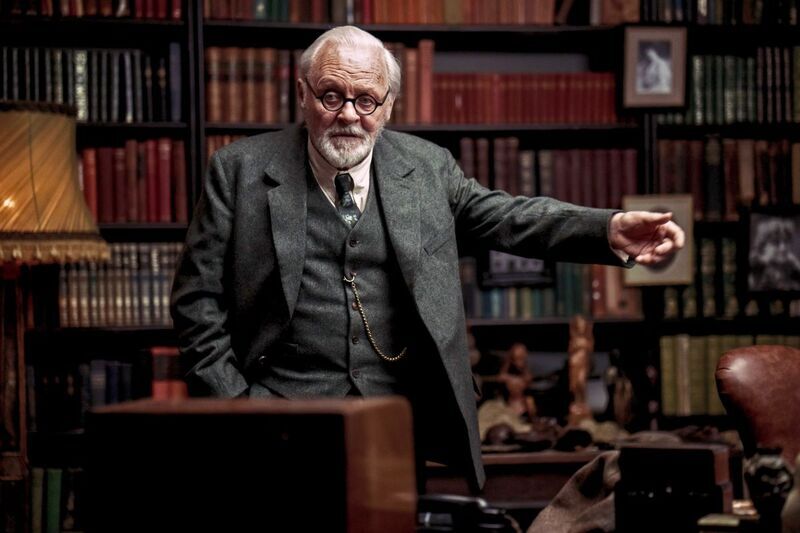
You seem to be developing a genre of stories about extremely smart real-life people. Are you going to continue with more in that category?
No. Well, I don't know. I shouldn't say that. Out of “The Man Who Knew Infinity” I started a foundation called the Infinity Arts Foundation and we've been trying to support films like this and other films that deal with these hard-to-tell stories set in STEM and STEAM. So, we're going to do more movies like this but at the same time I'm also working on a film with Ridley Scott's company right now that's about a food taster in King Louis XVI's court that's all about love and food and revolution, so I think I have to have some fun for a minute.
What advice would you give an aspiring director?
You have to be really grounded. You have to ground yourself. When you're actually directing on set, I found that getting centered yourself is pretty critical to be able to really be helpful as a director.
And knowing what it is you're trying to tell and why it's important. Having a pretty clear vision on that, that can be very sustaining so that when you're getting a little lost in the weeds with something, you always have that mantra of, like, on “The Man Who Knew Infinity,” it was: the cost that comes waiting out of fear to connect for two people.
On this film, I had my own nugget, all the things we're just talking about, but it's down to two people having respect for one another.
My favorite thing about this movie is at the end of it, when I feel that they don't want to leave each other. How beautiful is that?
Nell Minow is the Contributing Editor at RogerEbert.com.
